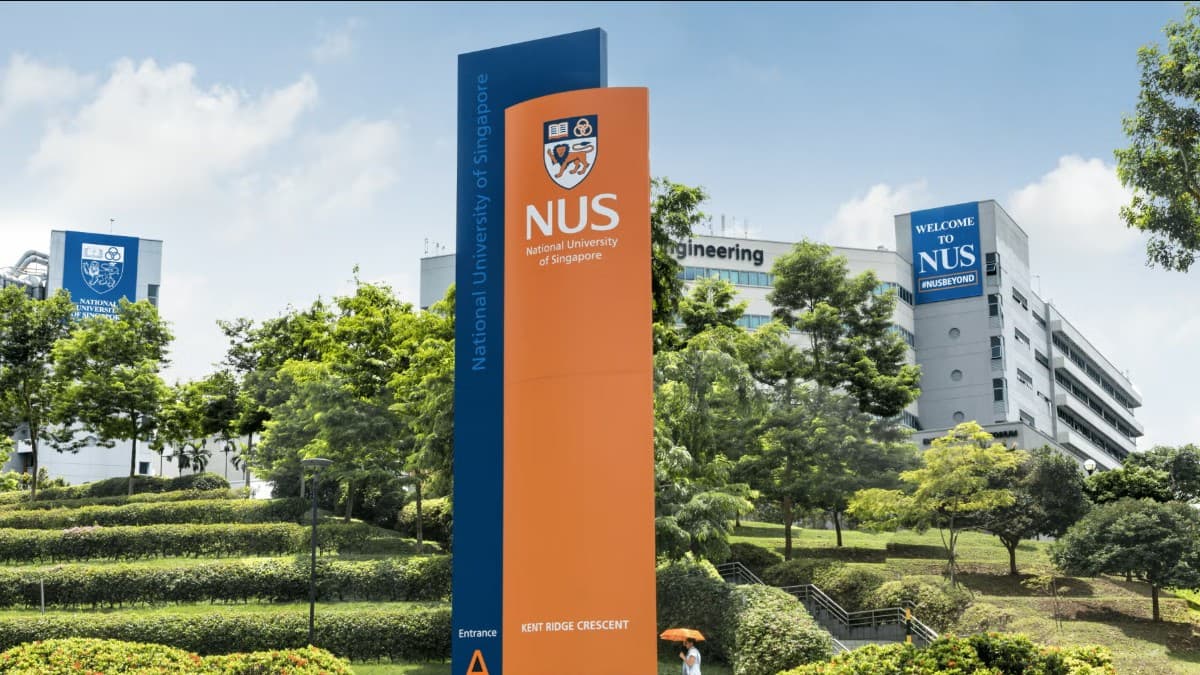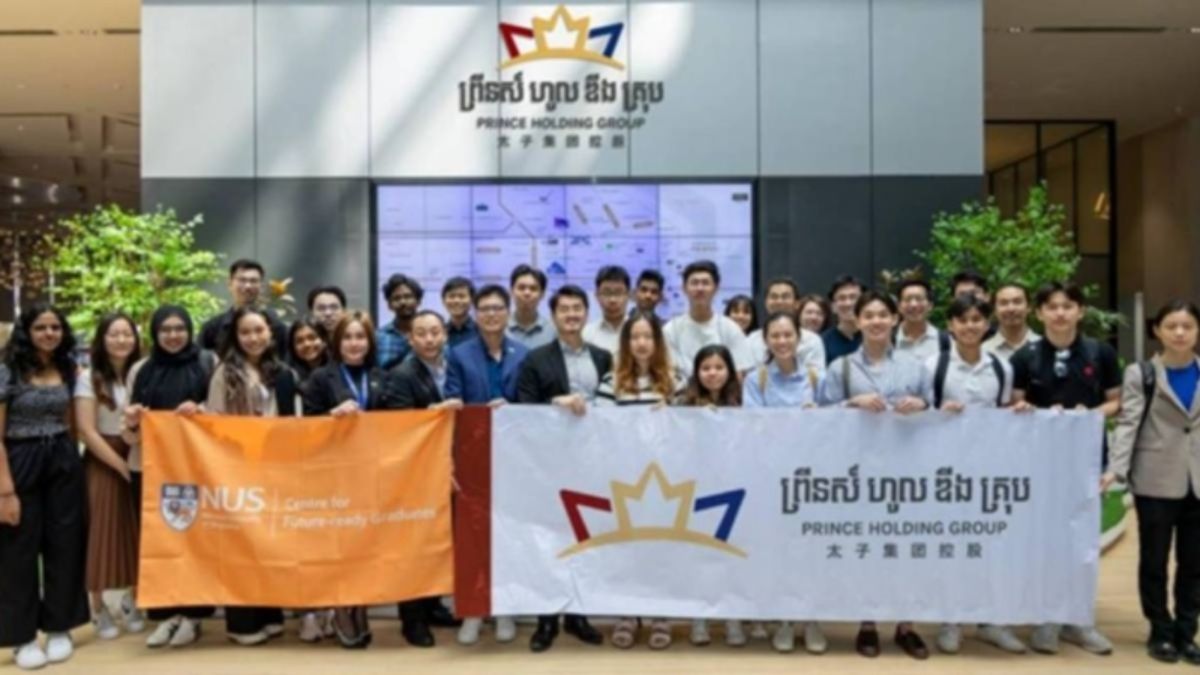Bloomberg: NUS divesting US$500M in private equity, property funds to trim China exposure
NUS is reportedly selling at least US$500 million of private equity and real estate holdings to manage liquidity and rebalance its China exposure, joining a growing number of global asset owners using secondary markets to adjust portfolios amid slower returns and geopolitical shifts.

- The National University of Singapore (NUS) is reportedly selling at least US$500 million worth of private equity and real estate fund holdings.
- The move aims to manage liquidity and reduce exposure to China amid shifting global market conditions.
- The divestment aligns with a broader trend among institutional investors turning to secondary markets for liquidity.
SINGAPORE: The National University of Singapore (NUS) is divesting at least US$500 million (S$683 million) in private equity and real estate fund holdings to manage liquidity and rebalance its exposure to China, according to a Bloomberg report citing sources familiar with the matter.
NUS, which oversees funds and reserves exceeding S$15 billion, is one of Singapore’s largest endowment allocators.
The university is said to be selling stakes in both global buyout and China-focused funds, with the process still ongoing.
The sale is being advised by Greenhill, according to Deal Street Asia.
Among the funds NUS is reportedly seeking to sell are those managed by Advent International, Shunwei Capital, ForeBright Capital, and Hong Kong-based Gaw Capital Partners.
Switzerland-based Partners Group is in advanced talks to acquire part of the private equity portfolio, one source said.
Partners Group doubled its secondary investments to US$3.2 billion in 2024 to take advantage of “market dislocation”.
Secondary market transactions — in which existing investors sell their stakes in private funds to other buyers — have grown rapidly as institutional investors seek to unlock liquidity.
Global secondary market volume is projected to reach US$210 billion in 2025, up 25 per cent from the previous year, according to a report by PJT Partners.
Of this, asset owner-led transactions accounted for US$29 billion in the most recent quarter.
For institutions like NUS, such sales allow earlier capital realisation in exchange for modest discounts on net asset value.
Bloomberg noted that global buyout fund stakes are often sold at single-digit discounts. Sellers sometimes group multiple fund stakes to attract more competitive offers, and not all assets are necessarily divested.
Strategic rebalancing and market context
The decision to reduce China exposure reflects broader shifts among asset owners reassessing risk concentration in the face of geopolitical and economic uncertainties.
This is not viewed as a full exit from China but as a strategic adjustment to improve portfolio diversification and resilience.
In recent years, rising interest rates and slower exits from private equity investments have constrained liquidity for many institutional investors.
As initial public offerings and mergers and acquisitions become less frequent, the time to realise investment returns has lengthened, prompting funds to seek liquidity through secondary sales.
Industry observers note that the trend is not limited to NUS. Prestigious endowments such as Harvard and Yale have reportedly undertaken similar actions, illustrating a global shift toward more active liquidity management.
In Asia, the Hong Kong Jockey Club and China Investment Corporation have also explored asset sales of up to US$1 billion each to recalibrate exposure, Bloomberg News reported earlier this year.
The increasing participation of Asian asset owners in secondary markets marks a notable evolution in institutional investment strategies.
It highlights a move away from traditional buy-and-hold approaches toward dynamic portfolio rebalancing amid changing market cycles.









0 Comments